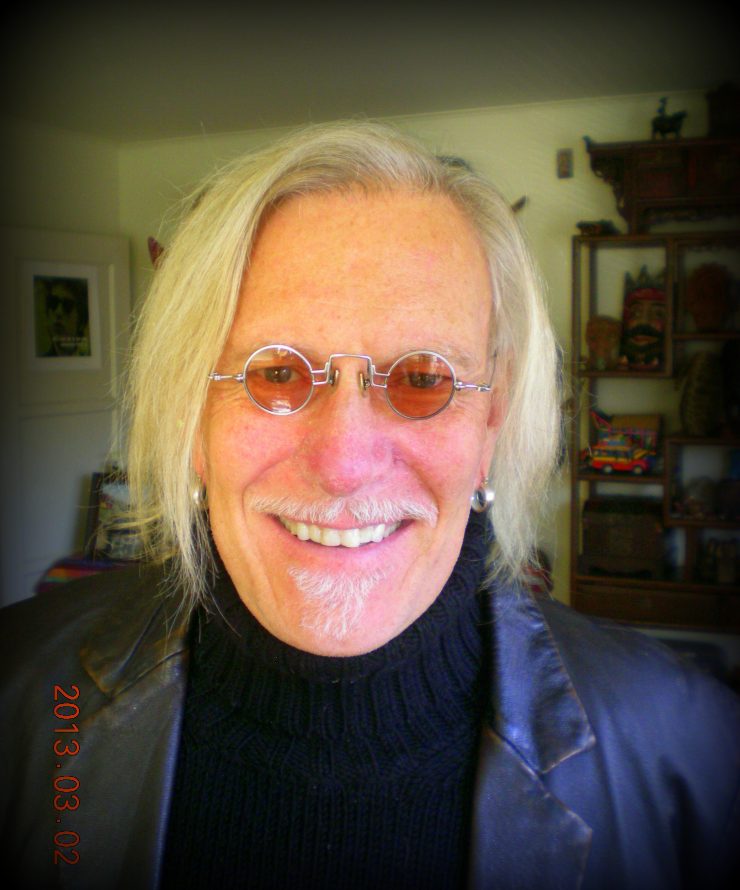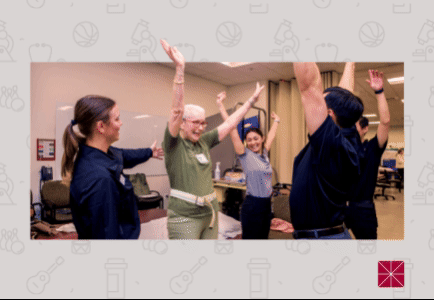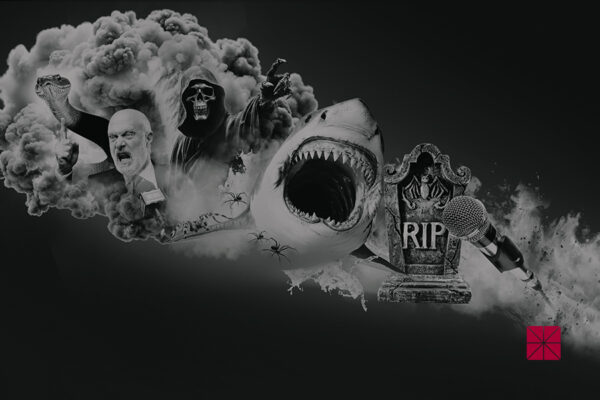One of the leading architects of a teaching approach that stresses the empowerment of students to become critical observers and problemsolvers has been named a Distinguished Fellow in Critical Studies in Chapman University’s College of Educational Studies.
Peter McLaren, Ph.D., noted scholar and professor of urban schooling at UCLA, will co-teach classes, deliver special lectures and consult with students and faculty. McLaren says he has long admired Chapman’s embrace of global views and CES’s commitment to the legacy and research of the late Paulo Freire, the Brazilian educator who was one of the 20th century’s most influential education scholars. CES is home to the Paulo Freire Democratic Project, which helps lead participatory research within schools.
“I just thought this is an incredibly amazing place that they would honor somebody like Paulo and would have a Paulo Freire initiative,” he said.
McLaren will collaborate with Tom Wilson, Ed.D., director of Chapman’s Paulo Freire Democratic Project, and Suzanne SooHoo, Ph.D., Hassinger Endowed Chair in Culture, Community and Collaboration, in the reinvention of the Freire Project at Chapman, as well as formal and informal educational projects.
Known as a leading architect of critical pedagogy and for his writings on critical literacy, the sociology of education, cultural studies, critical ethnography and Marxist theory, McLaren has authored and edited 45 books. His work Life in Schools is now in its fifth edition, and collectively his work has been translated into 20 languages. McLaren was the inaugural recipient of the Paulo Freire Social Justice Award, presented in 2002 at Chapman.
In 2012, McLaren was inducted as an American Educational Research Fellow and was made Honorary Chair Professor of Northeast Normal University in China. He also received the Lifetime Achievement Award in Peace Studies by the Central New York Peace Studies Consortium, one of the oldest peace studies organizations in the world recognized by the United Nations.
>> READ MORE: OC Register reporter Sherri Cruz writes about Chapman University’s recent appointment of Peter McLaren, Ph.D. and “how the university is more balanced than it may appear.” Is Chapman a conservative university?





Further proof that Chapman University is at the very leading edge of educational progress. 🙂
As part of Chapman University’s educational mission, Mr. Franqui, we provide a forum for an extraordinarily wide variety of beliefs and points of view, both among our faculty and in the guest speakers who visit our campus. Chapman University is often mistakenly called a “conservative” institution, when, in fact — although there are very prominent conservative voices on our campus — there are prominent voices from all points on the political spectrum. Professor McLaren is another voice to add to that diversity of thought and opinion.
There can be no more appropriate site for the discussion of controversial ideas and issues than a university campus. The opportunity to be confronted with diverse opinions is at the core of academic freedom, vital to a free society and a quality education. Universities must respect the prerogatives of faculty members and on-campus organizations to speak their minds, and also to select outside speakers whom they wish to hear, even if their presentations may include ideas that are unpopular or even offensive to some.
As the American Association of University Professors states, “The freedom to hear is an essential condition of a university community and an inseparable part of academic freedom.” Chapman University has the utmost confidence in the ability of its students, faculty, and staff to critically evaluate all ideas that may be expressed at the University by both faculty members and speakers from off campus.
I had more or less deduced from my own observation of the diversity of opinions aired at Chapman University that the latter is seriously committed to supporting freedom of expression. I certainly agree with that support, and appreciate your confirmation that that is indeed Chapman University’s official policy.
In my humble opinion, not only should freedom of expression be respected, but also freedom of non-expression — according to which Dr. McLaren is in no way obligated to answer my questions. I can expect the assistance of the Chapman Magazine Editors only as far as making sure that Dr. McLaren becomes aware of my questions. Can I count with that assistance? Thanks. 🙂
As you might guess, Professor McLaren has an extremely busy schedule, but we have notified him of your comments.
You may also like to follow the College of Educational Studies’ (CES) blog for upcoming events. They recently hosted a symposium in honor of Paulo Freire where McLaren led a conversation on critical pedagogy and also made a donation to Chapman’s Paulo Freire Democratic Project. You can read about it on the CES blog: https://blogs.chapman.edu/ces/
Thank you. I’m more convinced than ever that Chapman University is truly at the cutting edge of educational endeavors, and I’ll certainly be devoting a lot of attention to current and future Chapman University activities. 🙂
Dear Benito:
Thanks for your interest in critical pedagogy. I appreciate your comments. Yes you can contact me at peter.mclaren1@gmail.com.
I look forward to hearing from you. best wishes
Peter
Dear Dr. McLaren:
Thanks. I’ll be contacting you via e-mail shortly.
Benito
Assuming that the answer to my preceding question is “Yes”, here are my questions:
_________________________________________________________________
Dear Dr. McLaren:
I’m writing to you in the hope that you may help me understand your work in the light of my previous understanding.
I’ve just become aware of your work via the Fall 2013 issue of CHAPMAN Magazine, to which my daughter is subscribed. Until very recently, my daughter was a Chapman employee.
I’m puzzled by the apparent conflict of interest between the conservative aspects of Chapman University and the radical aspects of Marxism and some of its followers such as Che Guevara. Is it possible that your work might have something to do with an avant-garde dialectical synthesis of the thesis of capitalism and the antithesis of Marxism?
And/or perhaps a synthesis of Western and Eastern worldviews?
And/or a synthesis of yin and yang?
How does Catholicism enter into the picture? Perhaps because the word “catholic” is associated with universality?
Cordially Yours,
Benito Franqui
benfranq@att.net
( A few more questions for Dr. McLaren ):
Do you factor in the claims of Malthusianism to a significant degree into your own work? If so, how do you reconcile the claims of Malthusianism with current Catholic doctrines?
One more question:
Why not just call your approach “critical thinking”?